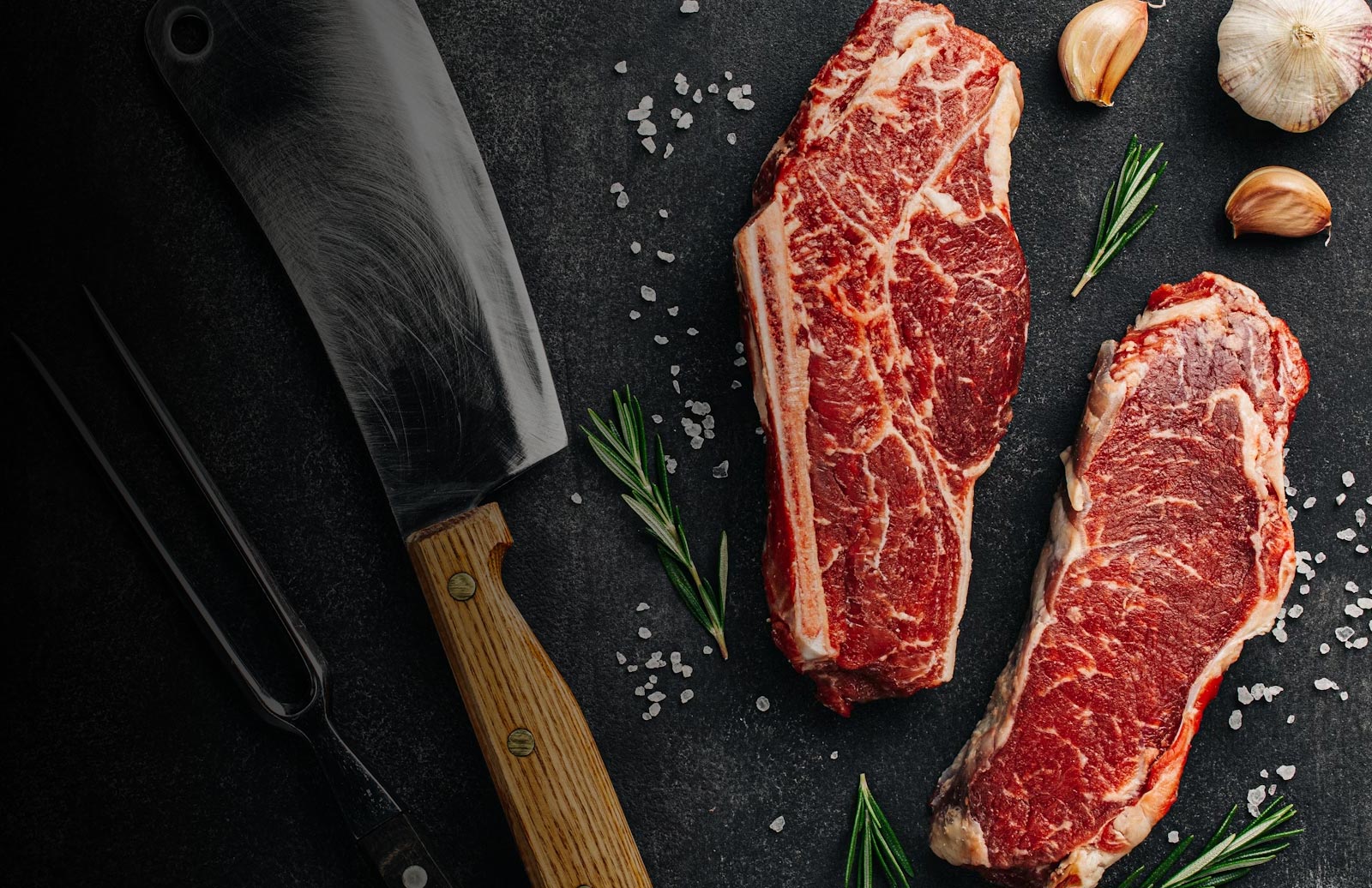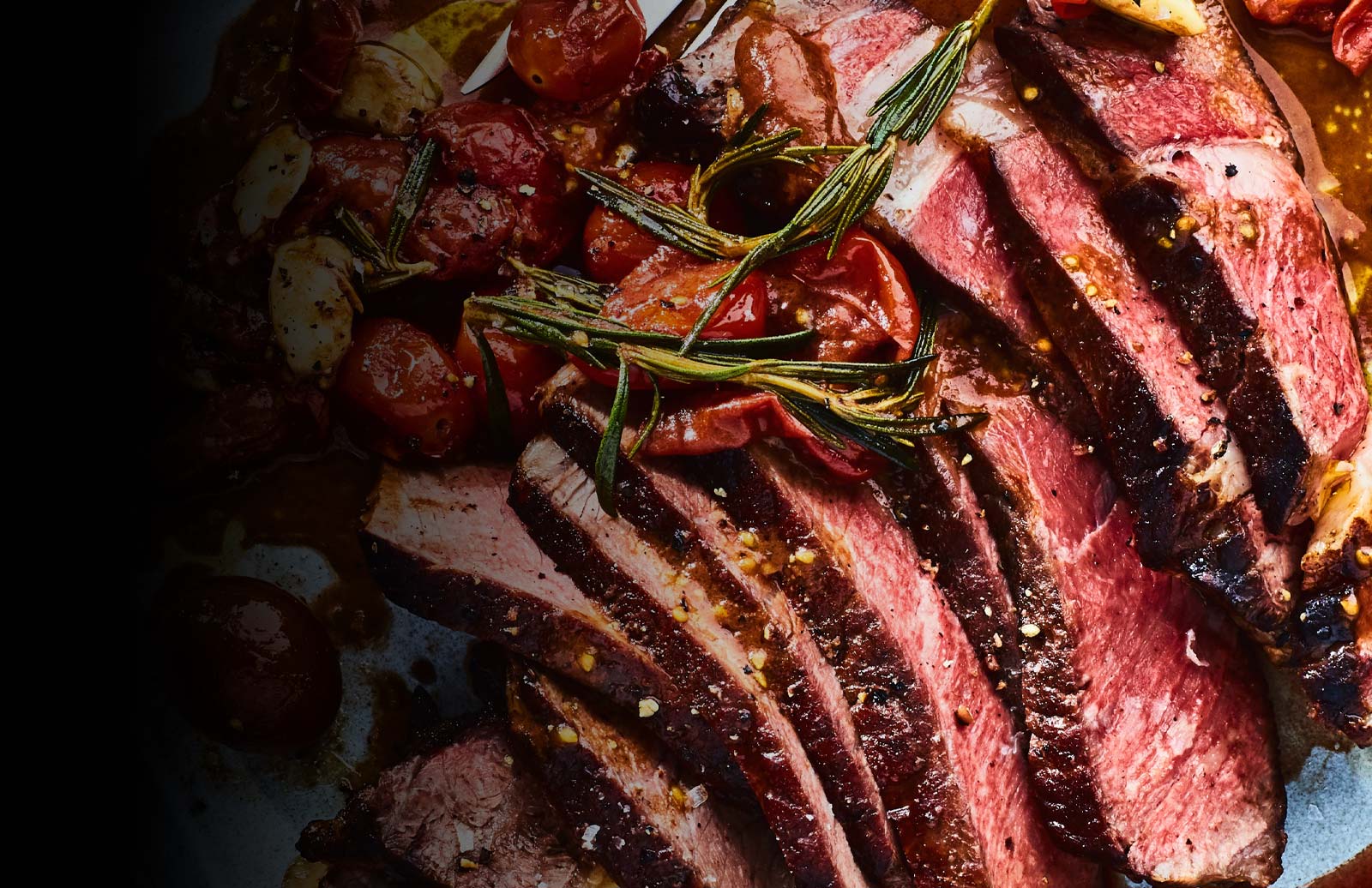The Beef-Testosterone Connection: Science Behind the Swagger
That swaggering slab of grass-turned muscle does indeed have a pact with testosterone, the hormone of strength, vitality, and masculine energy. But this isn't just steakhouse mythology—it's biochemistry backed by peer-reviewed science.
The Cholesterol Connection: Building Blocks of Masculinity
At the heart of testosterone production lies cholesterol—the molecule often maligned but essential for hormone synthesis. Testosterone is born, chemically speaking, from cholesterol through a complex enzymatic process called steroidogenesis (Midzak et al., 2009).
The Science of Steroid Synthesis
Research demonstrates that testosterone synthesis occurs in the Leydig cells as an acute response to luteinizing hormone (LH) signaling (Midzak et al., 2009). The process follows a precise biochemical pathway:
- Cholesterol transport: LH activation stimulates the transfer of cholesterol to the mitochondrial inner membrane through the steroidogenic acute regulatory (StAR) protein (Stocco & Clark, 1996)
- Pregnenolone formation: Cholesterol side-chain cleavage enzyme (CYP11A1) metabolizes cholesterol into pregnenolone (Payne & Hales, 2004)
- Testosterone production: Through a series of enzymatic conversions, pregnenolone ultimately becomes testosterone
As documented in endocrinology research, "cholesterol originates predominantly by the de novo synthesis pathway from acetyl-CoA with luteinizing hormone regulating the rate-limiting step, the conversion of cholesterol to pregnenolone" (Endotext, NCBI Bookshelf).
Why Dietary Cholesterol Matters
While the body produces its own cholesterol, research shows that steroidogenic cells have additional requirements for cholesterol because it is the essential precursor for all steroid hormones (Connell et al., 2006). Beef—especially the red, marbled, grass-fed kind—provides both cholesterol and saturated fats that serve as building blocks for steroidogenesis.
Zinc: The Testosterone Multiplier
Beef serves as a zinc powerhouse, and this mineral plays a crucial role in testosterone production. Systematic reviews examining 38 studies concluded that zinc deficiency reduces testosterone levels and zinc supplementation improves testosterone levels (Te et al., 2023).
The Enzymatic Evidence
Research reveals that zinc is involved in converting testosterone into its active form within the testes, making it important for maintaining optimal testosterone levels (RupaHealth, 2025). Studies demonstrate:
- Zinc supplementation in marginally zinc-deficient elderly men resulted in testosterone levels increasing from 8.3 ± 6.3 to 16.0 ± 4.4 nmol/L over six months (p = 0.02) (Prasad et al., 1996)
- Dietary zinc restriction in young men caused a significant decrease in testosterone from 39.9 ± 7.1 to 10.6 ± 3.6 nmol/L after 20 weeks (p = 0.005) (Prasad et al., 1996)
- Men receiving 30 milligrams of zinc per day showed increased levels of free testosterone compared to controls (Healthline, 2017)
Beyond Zinc: The Complete Nutritional Profile
Beef provides additional testosterone-supporting nutrients documented in scientific literature:
- Iron: Essential for oxygen transport and cellular energy production
- Vitamin B12: Critical for energy metabolism and nervous system function
- Creatine: Supports muscle energy systems and may influence hormone production
- Complete amino acids: Provide building blocks for protein synthesis and hormone production
The Dietary Pattern Evidence
Recent research examining testosterone-related dietary patterns provides compelling evidence for beef's role. A cross-sectional study of 3,283 men found that hemoglobin, hematocrit, and HDL-cholesterol were highly correlated with testosterone levels (Nutrition Journal, 2021)—all markers that improve with quality beef consumption.
Higher Fat Diets Support Testosterone
Multiple studies demonstrate that dietary fat intake positively correlates with testosterone production:
- A 2021 review of six studies found that low-fat dietary patterns were associated with decreased testosterone levels compared with higher-fat dietary patterns (Healthline, 2020)
- Research shows a significant correlation (r = 0.72) between resting testosterone concentrations and dietary fat consumption in resistance-trained individuals (Manipulation of Dietary Intake, PMC)
- Studies suggest that increases in testosterone concentrations may be related to high dietary intake of cholesterol (Manipulation of Dietary Intake, PMC)
The Contrasting Evidence: Processing vs. Quality Matters
Not all beef consumption shows positive effects on testosterone. Importantly, research found an inverse relationship between processed red meat intake and total sperm count (Afeiche et al., 2014). The study showed that men in the highest quartile of processed meat intake had significantly lower sperm counts.
This highlights a crucial distinction: grass-fed, minimally processed beef appears to support hormonal health, while heavily processed meats may have opposite effects.
The Quality Factor
The hormonal benefits appear specifically linked to:
- Grass-fed beef: Higher in beneficial fatty acids and nutrients
- Minimal processing: Avoiding chemical additives and preservatives
- Quality sourcing: From animals raised without synthetic hormones
The Zinc-Testosterone Clinical Evidence
Clinical trials provide robust evidence for zinc's role in testosterone optimization:
Study Results:
- 100 men with low zinc levels given zinc supplements saw significant increases in both testosterone and luteinizing hormone after six weeks (Journal of Exercise Physiology)
- Zinc/magnesium/vitamin B-6 supplementation for eight weeks increased free testosterone compared to placebo (Journal of Exercise Physiology)
- Medicinal doses of zinc (50 mg elemental zinc twice daily) are recommended for treating male hypogonadism over 1-4 months (Santos & Teixeira, 2020)
The Ritual and the Reality
Perhaps the testosterone boost from quality beef consumption isn't just nutritional—it may also be behavioral. The act of consuming nutrient-dense, high-quality protein may signal abundance and strength to the body's regulatory systems.
Research suggests that serum zinc was positively correlated with total testosterone, and moderate supplementation plays an important role in improving testosterone levels (Te et al., 2023).
Conclusion: The Science-Backed Swagger
The connection between beef and testosterone isn't mythology—it's molecular biology. Through its provision of cholesterol, zinc, iron, B vitamins, and complete amino acids, quality grass-fed beef provides the raw materials for optimal testosterone production.
The key factors for testosterone optimization through diet:
- Adequate zinc intake: 30mg daily has shown clinical benefits
- Sufficient dietary fat: 30-40% of calories supporting hormone production
- Quality protein sources: Complete amino acid profiles for hormone synthesis
- Cholesterol availability: Despite misconceptions, essential for steroid hormone production
If testosterone is indeed the hormone of strength and vitality, then quality beef provides the nutritional foundation for its optimal production—not through magic, but through scientifically-validated biochemical pathways.
References
- Midzak, A., Chen, H., Papadopoulos, V., & Zirkin, B. R. (2009). Leydig cell aging and the mechanisms of reduced testosterone synthesis. Molecular and Cellular Endocrinology, 299(1), 23-31.
- Stocco, D. M., & Clark, B. J. (1996). Regulation of the acute production of steroids in steroidogenic cells. Endocrine Reviews, 17(3), 221-244.
- Payne, A. H., & Hales, D. B. (2004). Overview of steroidogenic enzymes in the pathway from cholesterol to active steroid hormones. Endocrine Reviews, 25(6), 947-970.
- Te, L., Liu, J., Ma, J., & Wang, S. (2023). Correlation between serum zinc and testosterone: A systematic review. Journal of Trace Elements in Medicine and Biology, 76, 127124.
- Prasad, A. S., Mantzoros, C. S., Beck, F. W., Hess, J. W., & Brewer, G. J. (1996). Zinc status and serum testosterone levels of healthy adults. Nutrition, 12(5), 344-348.
- Santos, H. O., & Teixeira, F. J. (2020). Use of medicinal doses of zinc as a safe and efficient coadjutant in the treatment of male hypogonadism. The Aging Male, 23(5), 669-678.
- Afeiche, M., Williams, P. L., Mendiola, J., Gaskins, A. J., Jørgensen, N., Swan, S. H., & Chavarro, J. E. (2014). Meat intake and reproductive parameters among young men. Epidemiology, 25(3), 323-330.
- Hu, T. Y., Chen, Y. C., Lin, P., Shih, C. K., Bai, C. H., Yuan, K. C., Lee, S. Y., & Chang, J. S. (2021). Association of testosterone-related dietary pattern with testicular function among adult men. Nutrients, 13(1), 261.
- Connell, R. L., et al. (2006). Hormonal regulation of testicular steroid and cholesterol homeostasis. Molecular Endocrinology, 20(12), 2820-2834.
All nutritional claims are based on peer-reviewed scientific research and clinical studies.



